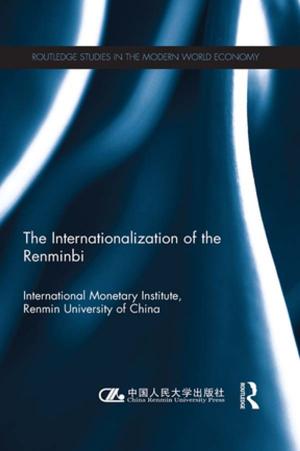Equality and Representation
New Perspectives in Democratic Theory
Nonfiction, Social & Cultural Studies, Political Science| Author: | ISBN: | 9781351620505 | |
| Publisher: | Taylor and Francis | Publication: | May 31, 2019 |
| Imprint: | Routledge | Language: | English |
| Author: | |
| ISBN: | 9781351620505 |
| Publisher: | Taylor and Francis |
| Publication: | May 31, 2019 |
| Imprint: | Routledge |
| Language: | English |
This volume is primarily concerned with equality as a basic component of the democratic character of representation. In other words, of the many types of equality that have attracted the attention of theorists since democracy’s beginnings – arithmetic equality, equality before the law, equality of opportunity– we would like to draw attention to representational equality, that is, the role of equality in systems of democratic representation. In what form is equality present in traditional forms of electoral representation? How can it be secured in new forms of representation, such as claims-making, deliberative, klerotarian and epistemic representation? And to what extent are electoral or non-electoral models of representation able to accommodate increasing social inequalities? The articles in this volume discuss these issues from a normative and conceptual point of view, seeking to shed new light on the important but under-explored relationship between equality and representation. This book was originally published as a special issue of Critical Review of International Social and Political Philosophy.
This volume is primarily concerned with equality as a basic component of the democratic character of representation. In other words, of the many types of equality that have attracted the attention of theorists since democracy’s beginnings – arithmetic equality, equality before the law, equality of opportunity– we would like to draw attention to representational equality, that is, the role of equality in systems of democratic representation. In what form is equality present in traditional forms of electoral representation? How can it be secured in new forms of representation, such as claims-making, deliberative, klerotarian and epistemic representation? And to what extent are electoral or non-electoral models of representation able to accommodate increasing social inequalities? The articles in this volume discuss these issues from a normative and conceptual point of view, seeking to shed new light on the important but under-explored relationship between equality and representation. This book was originally published as a special issue of Critical Review of International Social and Political Philosophy.















